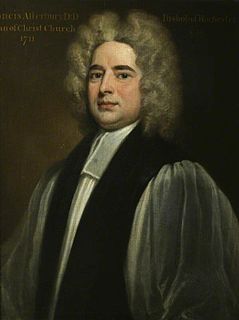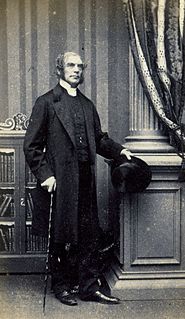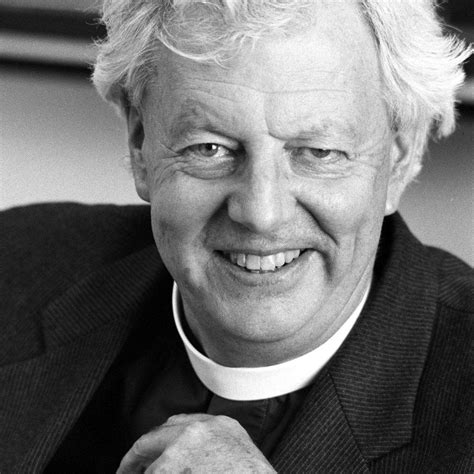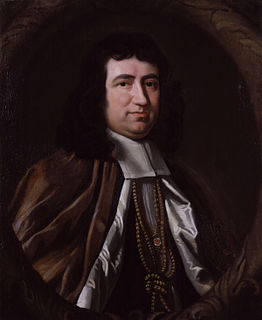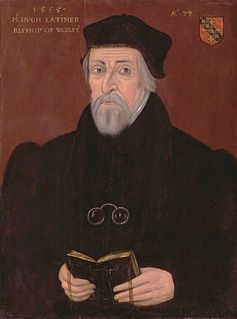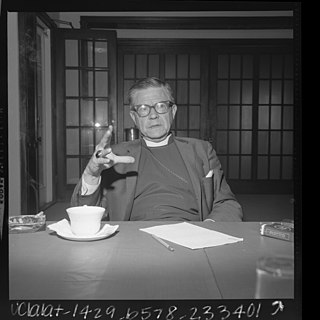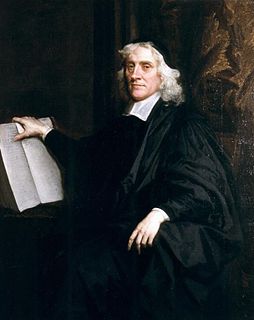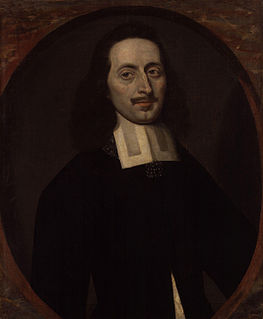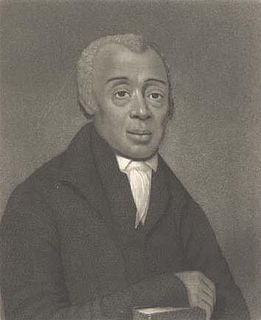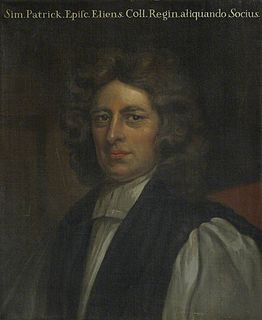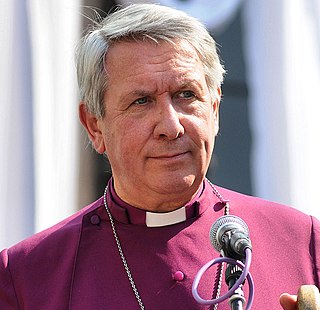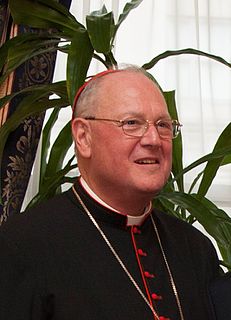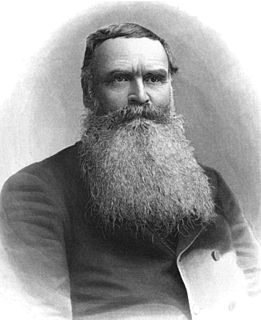A Quote by Francis Atterbury
He who performs his duty in a station of great power must needs incur the utter enmity of many, and the high displeasure of more.
Related Quotes
Patience is a most necessary qualification for business; many a man would rather you heard his story than granted his request. One must seem to hear the unreasonable demands of the petulant, unmoved, and the tedious details of the dull, untired. That is the least price that a man must pay for a high station.
The things of the world are ever rising and falling, and in perpetual change; and this change must be according to the will of God, as He has bestowed upon man neither the wisdom nor the power to enable him to check it. The great lesson in these things is, that man must strengthen himself doubly at such times to fulfill his duty and to do what is right, and must seek his happiness and inward peace from objects which cannot be taken away from him.
It is then, we say, in the successive stages of his experience, that the believer sees more distinctly, and adores more profoundly, and grasps more firmly, the finished righteousness of Christ. And what is the school in which he learns his nothingness, his poverty, his utter destitution? The school of deep and sanctified affliction. In no other school is it learned, and under no other teacher but God. Here his high thoughts are brought low, and the Lord alone is exalted.
It is the mission of the pedagogue, not to make his pupils think, but to make them think right, and the more nearly his own mind pulsates with the great ebbs and flows of popular delusion and emotion, the more admirably he performs his function. He may be an ass, but that is surely no demerit in a man paid to make asses of his customers.
A writer like me must have an utter confidence, an utter faith in his star. It's an almost mystical feeling, a feeling of nothing-can-happen-to me, nothing-can-touch-me.... I once had it. But through a series of blows, many of them my own fault, something happened to that sense of immunity and I lost my grip.
